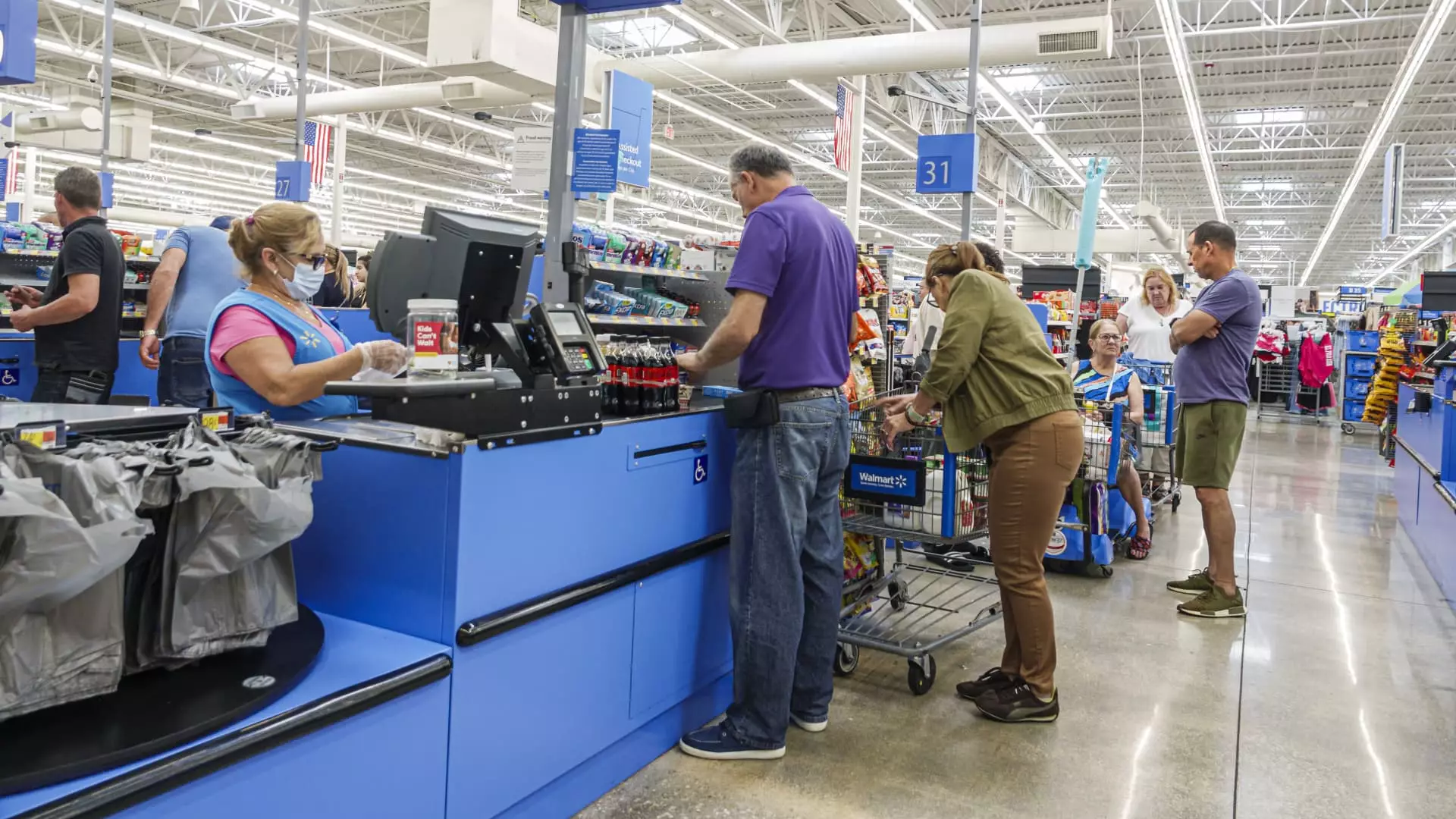The recent economic landscape presents a striking phenomenon where Hispanic consumers are drastically reducing their grocery spending, covering an array of products from everyday essentials to beverages that once seemed unshakeable in their market dominance. This troubling trend is affecting companies, regardless of their size and stability, as powerful brands like Coca-Cola, Constellation Brands, and Colgate-Palmolive suffer from decreased sales due to this demographic’s tightening grip on their wallets. Not only is this a reflection of economic woes but also indicative of underlying socio-political anxieties that have cast a shadow over this significant consumer group.
The Growing Hispanic Demographic and Its Economic Impact
With over 20% of the U.S. population identifying as Hispanic or Latino, this community has emerged as a robust economic powerhouse. Recent statistics highlight an impressive growth trajectory, with the Latino economy swelling to a staggering $3.6 trillion in 2022—a remarkable jump from the previous year’s figures. This ascent shows that Hispanic consumers generally maintain higher spending on consumer packaged goods compared to their non-Hispanic counterparts. Yet, despite these encouraging statistics, the present consumer sentiment is painfully divergent. Fear and concern, particularly regarding immigration policies and economic instability, are compelling a sizable faction of Hispanic consumers to scale back their expenditures.
Waning Confidence and Economic Concerns
Earnings reports from leading companies reveal a sharp downturn in purchasing intent among Hispanic consumers, a trend underscored by Goldman Sachs’ analysis. The ratio of consumers intent on increasing purchases versus those opting for cuts has significantly tilted toward the negative. This alarming pivot is rooted in a combination of economic anxiety and fear of heightened immigration enforcement, which disproportionately impacts this community. The data suggests that these concerns are more than just abstract worries—they directly influence consumer behavior, causing potential buyers to retreat from the marketplace, thereby negatively impacting the very businesses that rely on their economic participation.
Sector Shifts: Beverages and Beyond
Hispanic consumers have notably influenced the beverage market, propelling brands like Constellation Brands’ Modelo Especial to surpass Bud Light in sales. The growing recognition of Hispanic consumer dominance in the beer market is a double-edged sword. While there’s an evident impact on brand performance, companies like Constellation are now bracing for decreased demand due to socio-economic conditions. As CEO Bill Newlands highlighted, concerns surrounding immigration and job stability are driving Hispanic consumers away from social gatherings—once a mainstay of beer consumption—resulting in a decline in purchases across many sectors.
The ripple effect does not stop at alcoholic beverages; it permeates the entire grocery sector. Other entities, such as Keurig Dr Pepper and Associated British Foods, are experiencing similar slowdowns. Many companies, despite their established market presence, cannot seem to shake the overarching pessimism affecting spending behaviors across demographic lines. Each contraction in these markets signals a broader issue rooted in a community feeling uncertain about its future.
The Boycott Effect and Brand Response
Compounding the situation is an atmosphere of mistrust fueled by rampant rumors and political posturing. The recent social media stir, suggesting that Coca-Cola reported undocumented workers to immigration authorities, brought immediate repercussions. While the company vehemently denied these allegations, the damage was already done. The boycott that ensued showcases how fragile consumer loyalty can become in the face of political turbulence. Brands that once enjoyed solid relationships with Hispanic communities now contemplate ways to restore these connections, often resorting to advertising initiatives targeted towards their Hispanic audience to counteract the pullback in spending.
The Underlying Challenges Ahead
Despite reassurances from the likes of Walmart’s CEO Doug McMillon suggesting that immediate business impacts from immigration policies remain minimal, the narrative struggles to hold water. The wariness felt within Hispanic communities reflects a growing sentiment that is impossible to ignore. Companies must contend not only with the waning purchasing power of Hispanic consumers but also the need for lasting, genuine relationships built on trust. Simply put, this uncertainty creates a significant headwind that brands must address urgently if they aim to align their goals with the evolving marketplace.
The intersection of economic stability and consumer sentiment will define the next chapter for many companies. With escalating inflation rates and decreased disposable income, the trajectory for Hispanic consumers’ grocery spending is precarious at best. It is crucial for companies to recognize these shifts and address the underlying factors that are prompting such a profound consumer retreat. The stakes are high; the economic vitality of the Hispanic market is too critical to overlook, and the ramifications of inaction could spell disaster for the businesses involved.

